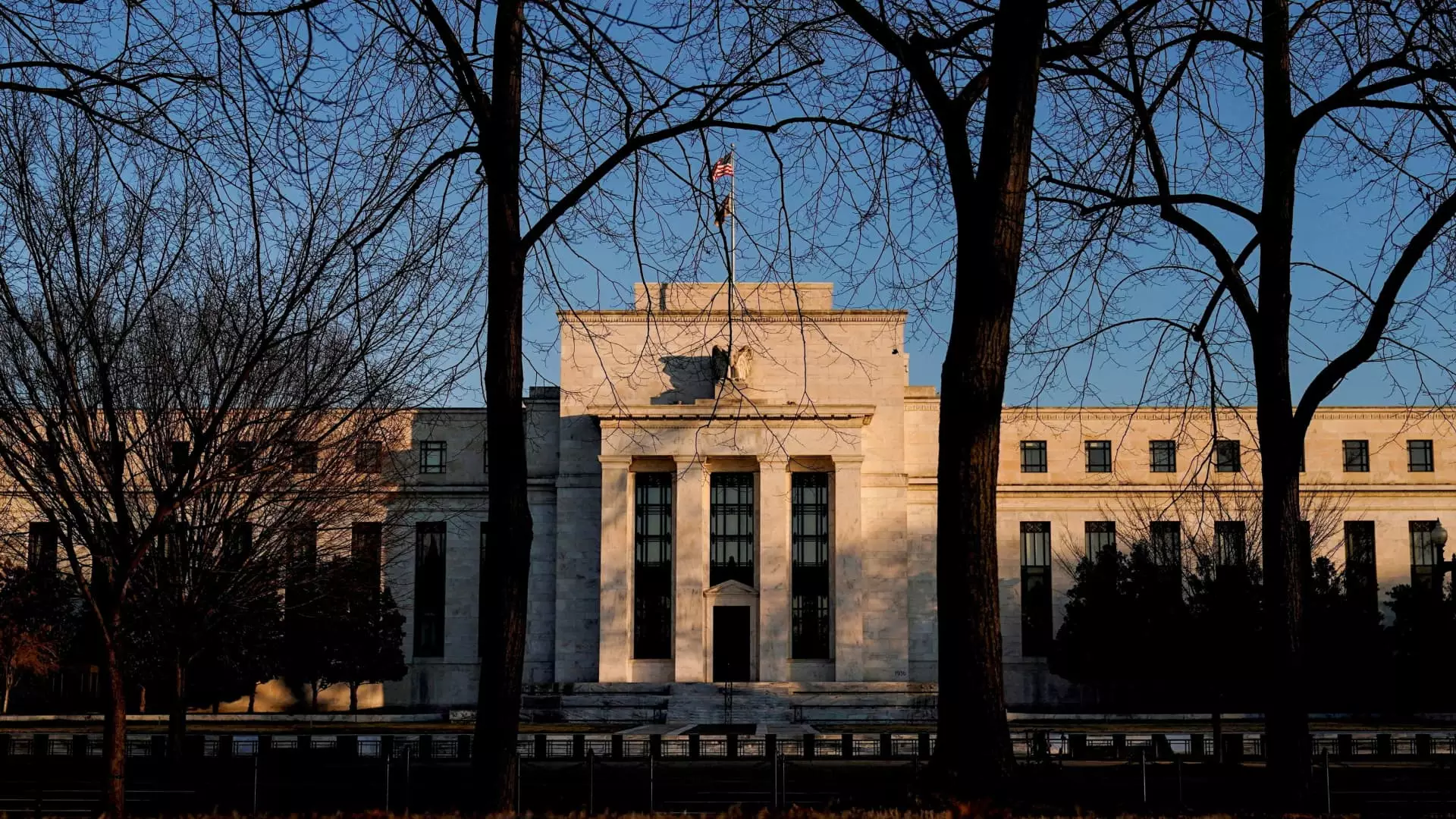In a surprising turn of events, John Harold Rogers, a former senior advisor for the Federal Reserve, was arrested on charges of conspiring to share sensitive trade secrets with Chinese operatives. His indictment raises serious questions about security breaches within vital U.S. financial institutions and the broader implications for economic policy. Allegations indicate that Rogers shared crucial financial data that could enable foreign entities to manipulate the U.S. markets, drawing parallels to insider trading practices, thus enabling economic warfare against American interests.
The charges stem from his actions during and after his tenure at the Federal Reserve, where he allegedly provided classified information regarding the intricacies of U.S. monetary policy. The ramifications of such disclosures are profound, as advanced knowledge of federal decisions — especially concerning the federal funds rate — could significantly skew market dynamics in favor of foreign adversaries. This incident underscores a growing need for vigilance as economic espionage appears to be an increasingly prevalent threat to the United States.
Details of the Conspiracy
Prosecutors have outlined an elaborate scheme involving Rogers and two alleged co-conspirators, supposedly agents of the Chinese state, who masqueraded as students at a local university. Their approach is alarming yet subtle, illustrating how economic espionage can blend seamlessly into everyday academic exchanges. Reports suggest that these individuals showered Rogers with gifts, including a lavish beach vacation, and financed his travels to China, where he contributed part-time as a professor at a university. This blend of personal benefits with professional obligations raises red flags on the possible vulnerabilities in public service roles.
The content of the information Rogers is alleged to have shared speaks to the heart of economic policymaking. His connections to confidential Federal Reserve Board materials, including proprietary economic datasets and strategic discussions about tariffs, present a chilling picture of what can happen when trust is breached in such influential positions. With China owning approximately $816 billion of U.S. government debt, Rogers’ alleged actions could provide them a consequential edge in market operations, endangering the financial stability of the U.S.
The realities of modern economic diplomacy necessitate a tighter grip on information security, particularly concerning institutions tasked with maintaining national financial stability. Rogers’ situation exemplifies just how delicate the balance between public service and national security has become. The Federal Reserve’s decisions regarding interest rates and economic measures ripple out across global markets, making them a prime target for espionage.
Moreover, this incident is not isolated. It comes as part of a wider pattern of aggressive intelligence-gathering methods wielded by the Chinese Communist Party, targeting U.S. institutions. Economic espionage has evolved into a tool for statecraft, whereby foreign governments undermine U.S. economic strength through strategic intelligence acquisition. The FBI’s comments on this case reflect a staunch warning: the campaign aimed at compromising U.S. economic policies has reached alarming proportions and needs concerted counteractions.
The Legal Proceedings Ahead
As Rogers faces an indictment for conspiracy and making false statements, the legal ramifications could shape the landscape of trust in governmental roles. If convicted, he risks a maximum sentence of 15 years, a chilling deterrent for anyone contemplating similar actions. His upcoming arraignment lays bare the necessity to address not just legal accountability but also the policies guiding employment practices within critical financial entities.
The Federal Reserve declined to comment on the arrest, which only heightens scrutiny into institutional responses to vulnerabilities. As the situation unfolds, the implications could lead to a reevaluation of existing protocols governing the sharing and safeguarding of sensitive information within key financial institutions. Guarding against economic espionage is paramount to preserving the integrity of financial operations and policymaking.
This arrest signals a clarion call for heightened vigilance within governmental and financial frameworks. The threat of economic espionage not only endangers immediate economic stability but also raises existential questions about national security. With adversaries continuously attempting to leverage insider knowledge for competitive advantage, the US must reinforce its defenses against such penetrations into its financial ecosystem.
Ultimately, the Rogers case serves as a reminder of the fragility of economic security and the essential commitment to safeguarding the integrity of financial systems. It highlights an urgent need for an evolved framework where transparency and accountability are at the forefront, ensuring that those entrusted with safeguarding national economic interests remain unblemished by corrosive temptations or foreign influence. Profound vigilance from both policymakers and regulatory bodies is imperative to thwart potential threats lurking within the shadows of economic espionage.

Leave a Reply